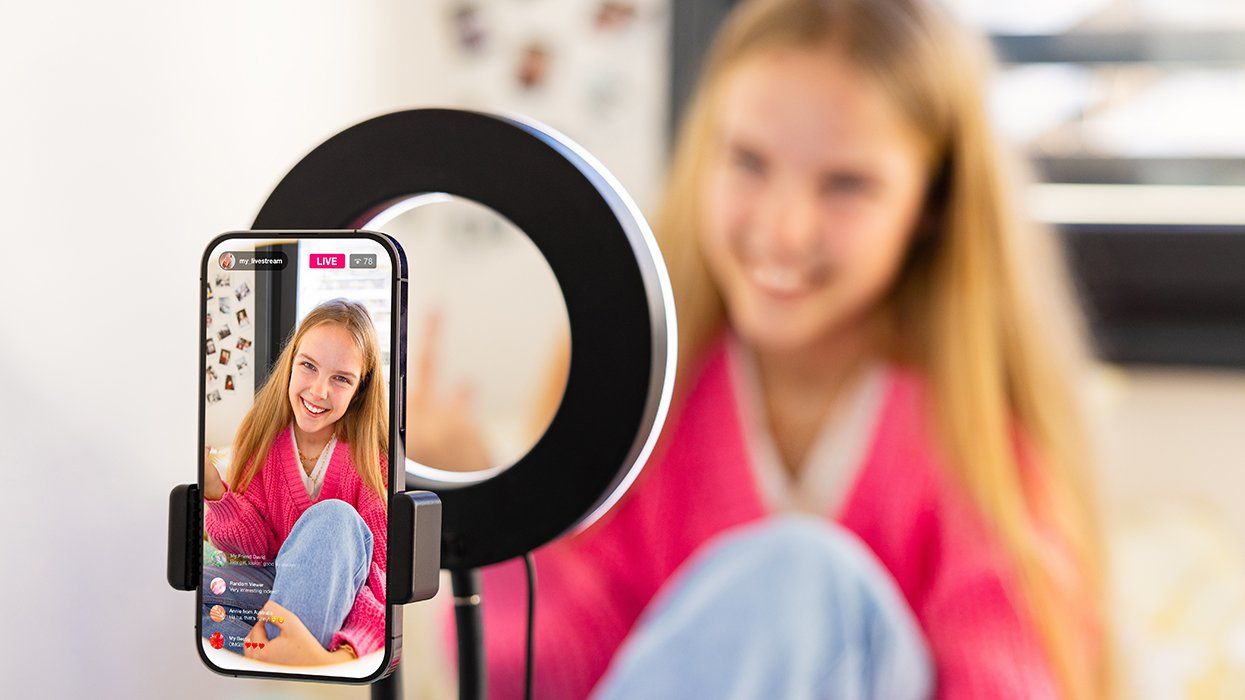LGBTQ+ young people feel significantly safer expressing their identities online, and most of them are seriously concerned about possible restrictions on queer content, a new survey has found.
Around 44 percent of LGBTQ+ youth reported feeling safe in digital spaces, according to a report from Hopelab and Born This Way Foundation, compared to just 9 percent who said they feel safe in person. The most drastic difference was among nonbinary youth, who were twice as likely to disclose their gender identity online than in person (80 percent vs. 40 percent).
"It's essential to recognize that online relationships, especially in LGBTQ+ communities, are deeply meaningful," Claudia-Santi F. Fernandes, Vice President of Research and Evaluations at Born This Way Foundation told The Advocate. "We didn’t just collect data from young people — we involved them in shaping how we would collect it. This ensured that the language and questions were relevant and accurately reflected their experiences."
Most LGBTQ+ youth said that their friends both online and in person provide nearly twice the social support of family, (63 percent and 62 percent vs. 33 percent, respectively). Those who reported access to in-person spaces that were very supportive of their LGBTQ+ identity had nearly half the rates of depression as those who didn't (28 percent vs. 53 percent).
The vast majority of LGBTQ+ young people — 76 percent — expressed serious concern about potential government restrictions on LGBTQ+-affirming online content, while simultaneously prioritizing platform safety in their digital spaces.
The study, tiled "Without It, I Wouldn't Be Here Today": LGBTQ+ Young People's Experiences in Online Spaces, featured responses from over 1,200 LGBTQ+ youth ages 15 to 24, 50 percent of whom identify as BIPOC, 29 percent of whom reside in small or rural towns, and 20 percent of whom reported struggling to meet or being unable to meet basic expenses.
"For many LGBTQ+ young people, online communities are not just valid sources of support – they're vital,” said Amy Green, Head of Research at Hopelab. “Although in-person relationships offer important benefits, online spaces provide LGBTQ+ young people with unique opportunities for affirmation, connection, and safety that may not always be available in their homes, schools, and communities."
















Charlie Kirk DID say stoning gay people was the 'perfect law' — and these other heinous quotes
These are some of his worst comments about LGBTQ+ people made by Charlie Kirk.